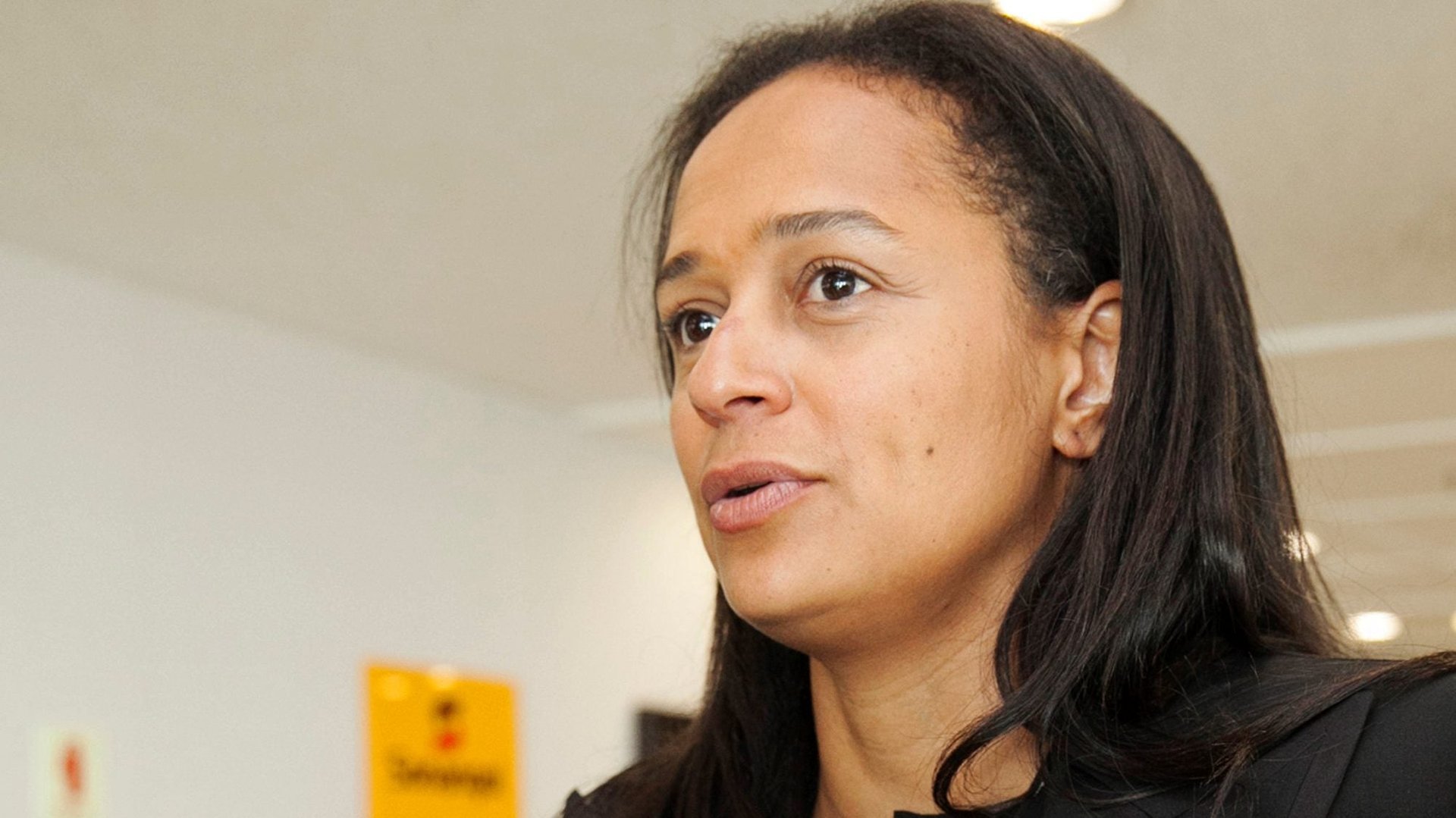Africa’s largest economies are still struggling to kick out corruption
The ongoing revelations of the extent of the influence and questionable riches of Isabel dos Santos, daughter of Angola’s longest serving president, has dominated news cycles across the continent over the past week.


The ongoing revelations of the extent of the influence and questionable riches of Isabel dos Santos, daughter of Angola’s longest serving president, has dominated news cycles across the continent over the past week.
It seemed fitting in a week when the latest Corruption Perceptions Index by Transparency International was released, as shown by the Luanda Leaks documents, reviewed by Quartz and 36 other publications, the scale of corruption in one of Africa’s oil-wealthy nations is remarkable. But Angola is not an outlier.
As the rankings show, Sub-Saharan Africa was the lowest-scoring region on the index with an average score of 32 out of 100—below the global average of 43. With several of the continent’s biggest countries and economies recording little or no progress, the latest index, Transparency International says, represent “a bleak picture of inaction against corruption.”
Like with business reforms, much of the progress made by African countries on the corruption index has been seen in smaller nations with Seychelles, Botswana and Cabo Verde topping the African rankings on the index. Indeed, of the ten highest ranked country on the index, only South Africa counts among Africa’s top five economies.
With a score of 44, South Africa ranks just above the global average. It’s a score that could have been higher but for several high level corruption cases over the two years, including the “State Capture” scandal that resulted in president Jacob Zuma’s resignation. Going forward the implementation of a political campaign finance law could also boost its anti-corruption ratings.
In light of its increased increased scrutiny of corruption especially with investigations of key members of the dos Santos family, Angola’s anti-corruption score jumped by nearly 50%. Yet, after formally charging Isabel dos Santos with embezzlement and money laundering, Transparency International insists the country must do more to promote transparency in its oil revenue accounting. Despite being Africa’s second largest oil producer, Angola remains home to stark inequality.
In the case of Nigeria, despite anti-corruption being the cornerstone message of his election campaigns, president Muhammadu Buhari has not significantly improved the country’s standing in that regard. After marginal score increases over the past three years, Nigeria’s anti-corruption score has now slipped back to its 2015 levels when Buhari first took office.
Political opponents have so far branded Buhari’s anti-corruption fight as targeted only at opposition figures while major incidents of corruption during his presidency have also done little to suggest that his message is sticking in political and government circles. But for its part, Nigeria’s anti-corruption agency as dismissed the latest report as “baseless.”
Sign up to the Quartz Africa Weekly Brief here for news and analysis on African business, tech and innovation in your inbox